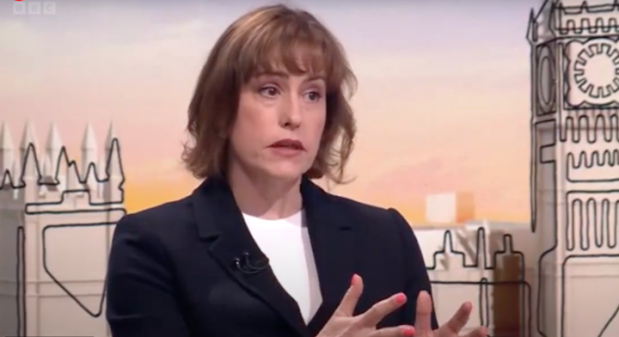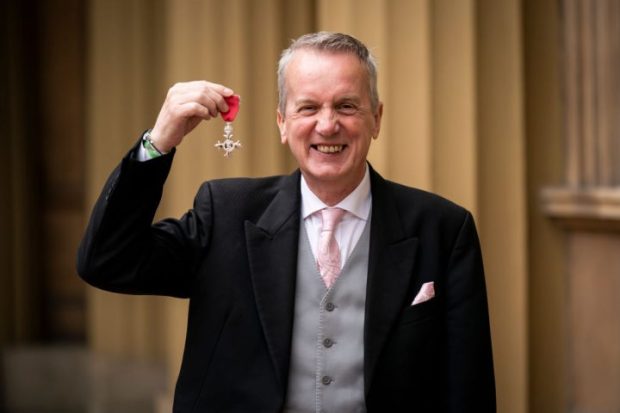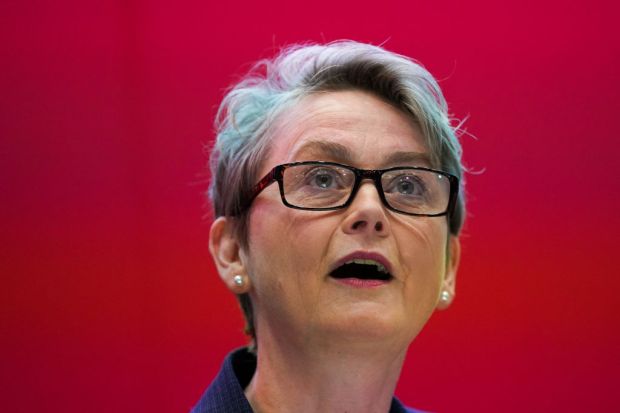Vaughan Gething, the victor in the Welsh Labour leadership contest, will now become Wales’s first black First Minister. It is both a historic moment and a huge personal achievement. Gething, born in Zambia and raised in Dorset, was also the first black person to become a cabinet minister in one of the UK’s devolved governments, and is the first black leader in any European country.
His rise is part and parcel of a wider, equally remarkable, transformation across the political landscape. Once Gething takes up his post (after a formal vote in the Senedd), three of the United Kingdom’s four governments will have non-white leaders. The Prime Minister, Rishi Sunak, is a British-born Hindu of Indian heritage; Scotland’s First Minister, Humza Yousaf, was born to a Pakistani Muslim family in Britain. These are all important and historic firsts worthy of recognition. But there is a problem, one that is not going away any time soon. None of these leaders (through no fault of their own) has the moral and political legitimacy that comes with being voted into office by the wider electorate. This democratic deficit spells trouble for the future.
Gething is a case in point. He won 51.7 per cent of the vote in the leadership contest. Only Labour members and those who belong to an affiliated organisation, such as a trade union, were allowed to choose, with an estimated 100,000 people allowed to vote. The overall turnout was just 16.1 per cent. The wider population of Wales had no say in this decision. A popular mandate this is not. It is something that voters will not forget so easily.
It is the same with Humza Yousaf in Scotland. He succeeded Nicola Sturgeon as SNP leader and first minister after a vote of party members in March last year. The leadership election was decided by the Single Transferable Vote system, with 50,940 of the SNP’s 72,169 members casting a ballot. Yousaf failed to win a majority in the first round of voting, but won 52.1 per cent of the votes after second preference votes were distributed. No one could fairly describe Yousaf as a leader chosen by the voters of Scotland as a whole.
It doesn’t get any better in the case of Rishi Sunak, who became prime minister in October 2022. He was simply crowned leader of the Conservative party by a majority of his party’s MPs, and entered Downing Street shortly afterwards. It amounted to a remarkable turnaround for Sunak who actually lost to Liz Truss in the Tory leadership contest earlier that summer: Truss secured 81,326 votes to Sunak’s 60,399. Once again, the numbers involved are minuscule. To put these figures into some wider context, almost 14 million people voted for Boris Johnson’s Conservative party in the 2019 election that returned him to Downing Street. No prizes for guessing which contest scores the highest marks as an exercise in democracy.
All three of Britain’s new crop of ethnic minority leaders face other challenges that suggest dangers ahead. They are now the most visible and prominent representatives of their parties, at a time of growing public anger and dissatisfaction with those in power. All occupy high office at the fag-end of a long period of government by their respective parties. It is on their heads that the verdict of the electorate – frustrated at being reduced to mere bystanders during multiple changes in leadership – will eventually fall. Sunak, for example, is widely predicted to lead the Tories to heavy defeat at the next election. Some will argue that this is not down to Sunak personally but reflects the voters’ rejection of 14 years of Conservative rule. Yet Sunak’s approval rating continues to plummet, with the majority of voters consistently saying he is doing badly as prime minister. Why would voters feel any particular loyalty to Sunak? After all, they have never been given a chance to vote for him, and he has never had to win their approval. This resentment must be a factor in the dim view the voters take of him personally. Yousaf too faces exactly the same public backlash when he eventually faces Scottish voters in elections due in 2026.
It is not political rocket science. Leaders in democracies need the consent of those they govern for political and moral legitimacy. Such legitimacy can only come through the ballot box. The longer this democratic deficit exists the greater the eventual revenge of voters. This is the darker and more problematic reality behind the celebratory headlines of historic firsts and some new post-racial utopia in British politics.
Got something to add? Join the discussion and comment below.
Get 10 issues for just $10
Subscribe to The Spectator Australia today for the next 10 magazine issues, plus full online access, for just $10.




















Comments
Don't miss out
Join the conversation with other Spectator Australia readers. Subscribe to leave a comment.
SUBSCRIBEAlready a subscriber? Log in